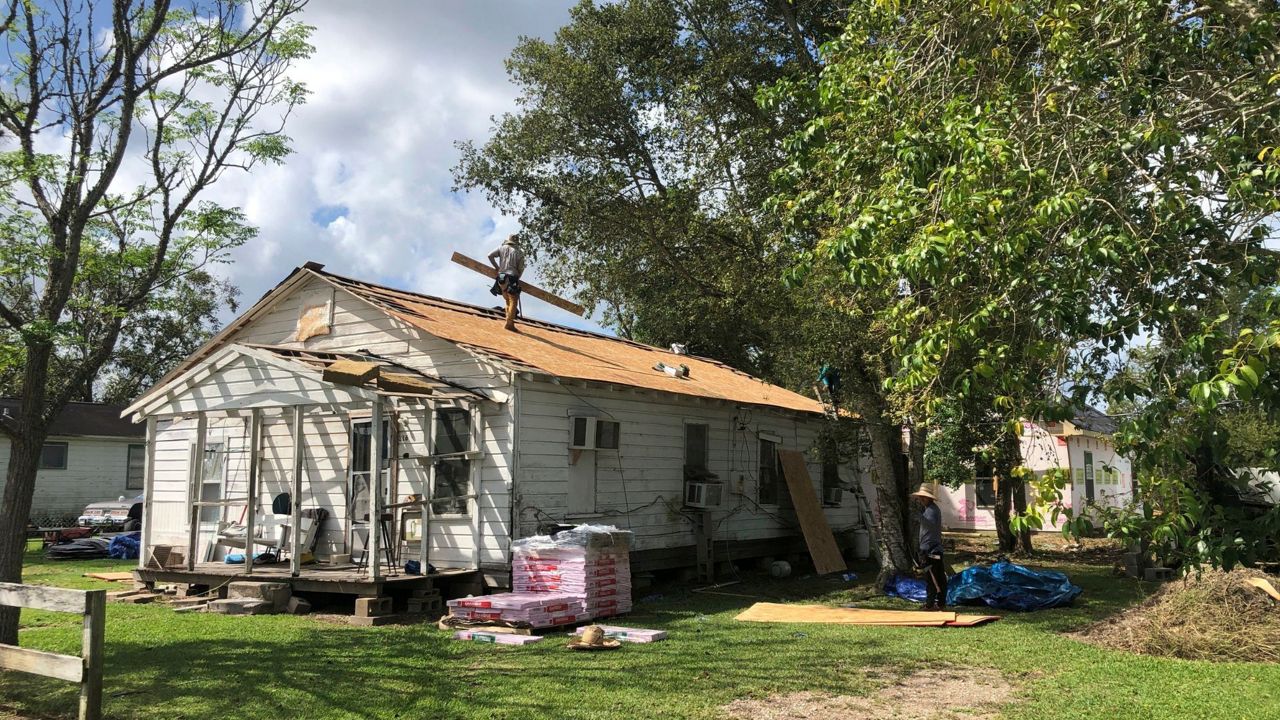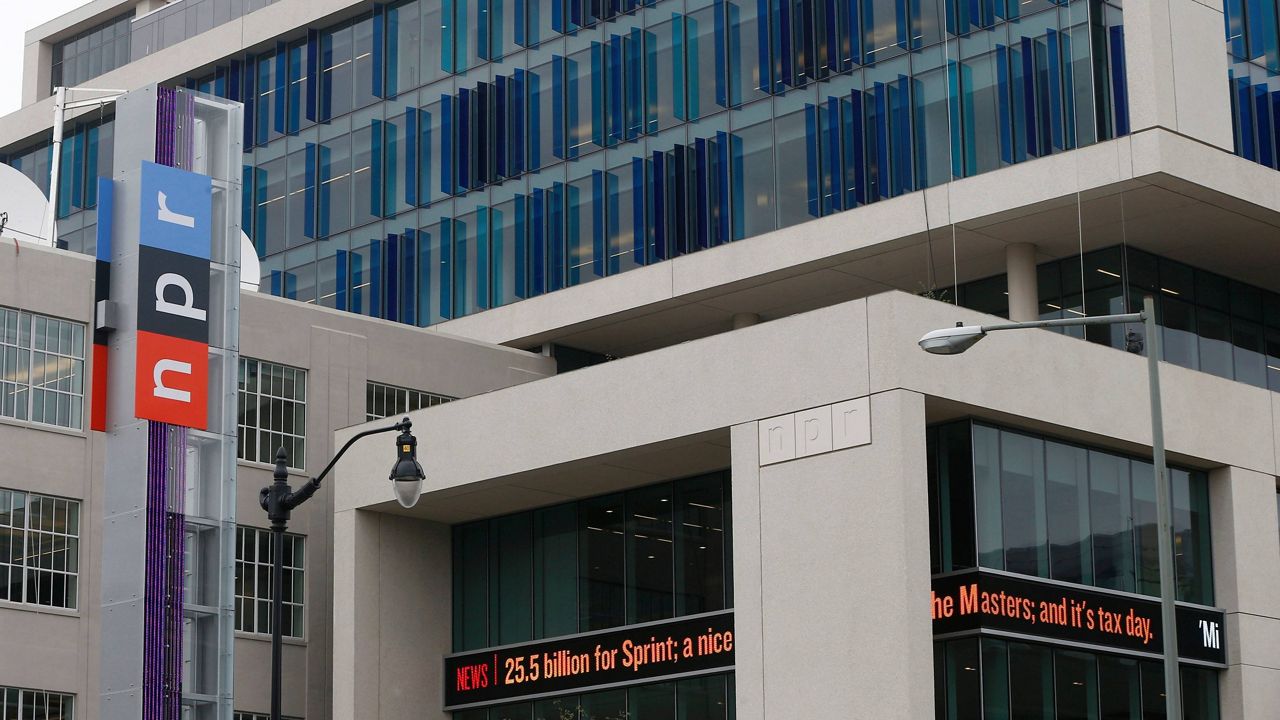LOS ANGELES — At 6 a.m. every Monday and Thursday, Brenna Shaw laces up her shoes and joins the Skid Row Running Club — a group that, for her, became a lifeline during recovery.
“I made the decision that this club was something I wanted to be a part of,” said Shaw, who is nearly three years sober. “I needed to start doing something about my weight and something about my recovery as well.”
Clean from meth, heroin, Xanax, GHB and alcohol, Shaw said the early days of sobriety were filled with uncertainty. She needed something consistent, something to keep her accountable.
“You come to these certain points in your recovery where you want to give up,” she said. “And it’s the same thing with running. There’s always a point where I want to quit. And every time I push myself past that, it kind of reinforces it everywhere else in my life.”
The Skid Row Running Club brings together people from all walks of life — recovering addicts, homeless individuals, law enforcement and its founder, Judge Craig Mitchell.
Fourteen years ago, Mitchell was asked by a former defendant to visit Skid Row. The visit stuck with him.
“The folks at the Midnight Mission asked if there was something I could do,” he recalled. “And I knew how important running was for my own mental and physical well-being. So it made sense to start a running club.”
The initiative aligns with April’s Move More Month, a campaign led by the American Heart Association to promote physical activity and healthy habits.
Experts say movement doesn’t have to be extreme to be effective. Just walking — even in short, brisk bursts — can help. According to the National Institute on Drug Abuse, aerobic exercise can rewire stress and reward pathways in the brain, helping people in recovery stay clean longer.
Shaw completed the LA Marathon in March — a major milestone on her physical and emotional journey. For her, the finish line isn’t the goal. It’s the act of showing up.












